Julian Azkoul, artistic director of United Strings of Europe, outlines the journey to secure permission from the surviving Stravinsky family to create a string sextet arrangement of the ballet Apollon musagète
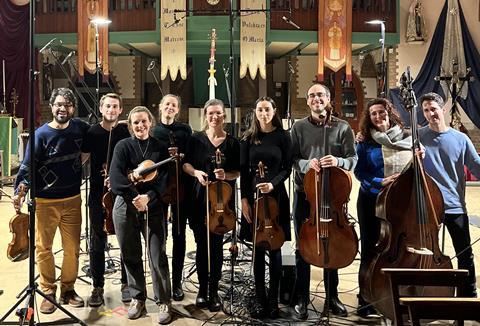
Discover more Featured Stories like this in The Strad Playing Hub
Inspired by dreams and legends (both real and imaginary), our album Hommages released at the end of April celebrates past traditions renewed by contemporary voices, from the myth of Apollo and the muses of Greek Antiquity to musical legends of the 20th century, Carlos Gardel and Astor Piazzolla. While our previous offerings mainly featured works for string orchestra, this album is made up entirely of chamber music ranging from cello quartet to string nonet.
Taking centre stage on the disc is my bespoke arrangement for string sextet of Igor Stravinsky’s neo-classical score for the ballet Apollon musagète, composed during the 1920s. I originally approached the publisher Boosey & Hawkes back in 2020 to obtain permission to make this arrangement for a show that we were producing with jugglers and director Bill Barclay entitled Apollo Resurrected.
The publisher’s policy was to refuse any arrangements point blank for any of the works in Stravinsky’s catalogue. There was precedent: some of Stravinsky’s earlier works had been re-arranged, for instance the four-hand and two-piano adaptations of The Rite of Spring, but this only applied to works published in the US prior to 1923. Through a quirk in copyright law these were in the public domain.
I deployed all manner of arguments to convince the publisher: I explained how I was being faithful to the score, that this was only really a reduction of the material and that we weren’t changing the medium or the instrumentation (I’m sure they have received many more outlandish proposals - imagine Stravinsky for mariachi band or recorder ensemble).
When I could not make progress with the publisher, I tried to find out if I could contact Stravinsky’s heirs directly. It turns out that his grand-daughter Marie Stravinsky lives in Geneva where I grew up and that she and her children attended the same school as me. It wasn’t too long before I had found an email address for her and I wrote with my proposal. To say that I felt quite a lot of trepidation at this point is an understatement - it felt like the last chance saloon.
An initial email exchange led to a phone conversation. I set out my case about how the clear lines, structure and counterpoint inherent in the music would suit this smaller combo, and how an arrangement for chamber forces would enable the work to be performed more widely. Having been reassured of the concept and my experience as an arranger as well as the seriousness of the ensemble that would be performing the arrangement, Marie Stravinsky gave me her blessing to proceed on the proviso that it could only be performed live and in the context of our juggling show. I was of course delighted, but she warned me that her cousin John Stravinsky in New York City would also need to agree - both the European and the American branches of the Stravinsky family had to sign off on the idea. Fortunately John also saw the value of what we were trying to do and granted his approval. Sadly he passed away in 2023.
After successful performances of the show, I was able to send Boosey and Mrs Stravinsky a draft recording of the arrangement and subsequently they approved our plan to record the arrangement and perform it as a standalone concert piece. This has been a valuable lesson in not giving up at the first hurdle - if you believe strongly in your artistic idea, there may be scope to convince others of its merits.
One of the central tenets at United Strings of Europe has been to find threads between different works and epochs, musical cultures and backgrounds. Our programming seeks to blend the familiar with the new and to encourage people to listen to works in different ways and to discover new repertoire. I hope you enjoy listening to the album.
Hommages is available now: https://bisrecords.lnk.to/2739
Watch the Pas de deux from Apollon musagète below:
Read: ‘The repertoire is about transformation, change or loss’: United Strings of Europe
Read: Play of light and shadow: The Chiaroscuro Quartet at 20
Discover more Featured Stories like this in The Strad Playing Hub
The number one source for playing and teaching books, guides, CDs, calendars and back issues of the magazine.
In The Best of Technique you’ll discover the top playing tips of the world’s leading string players and teachers. It’s packed full of exercises for students, plus examples from the standard repertoire to show you how to integrate the technique into your playing.
The Strad’s Masterclass series brings together the finest string players with some of the greatest string works ever written. Always one of our most popular sections, Masterclass has been an invaluable aid to aspiring soloists, chamber musicians and string teachers since the 1990s.
The Canada Council of the Arts’ Musical Instrument Bank is 40 years old in 2025. This year’s calendar celebrates some its treasures, including four instruments by Antonio Stradivari and priceless works by Montagnana, Gagliano, Pressenda and David Tecchler.

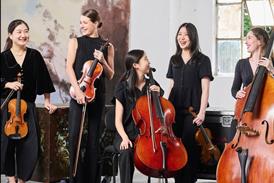
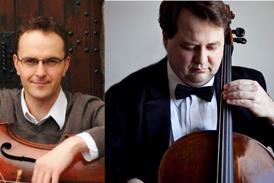
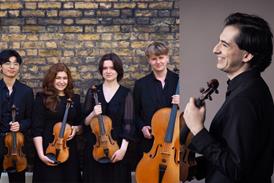

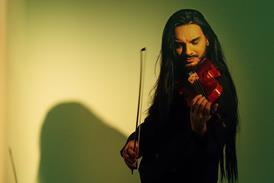
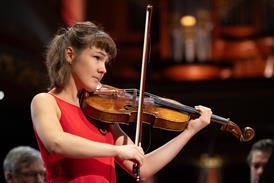



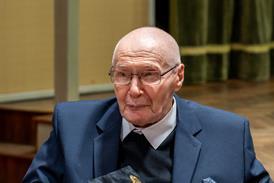

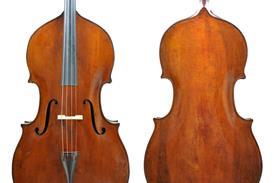

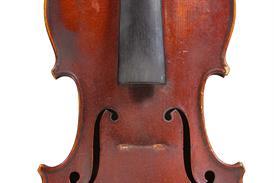
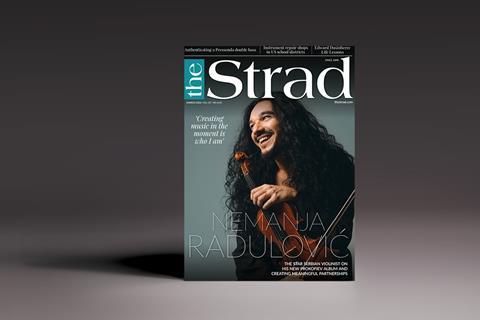




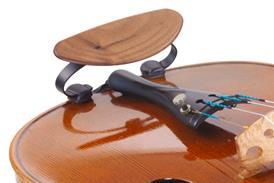
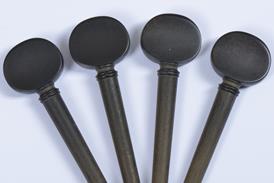








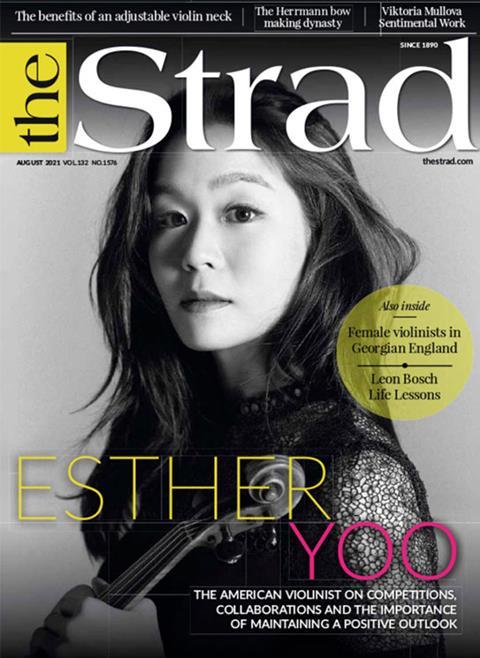















No comments yet